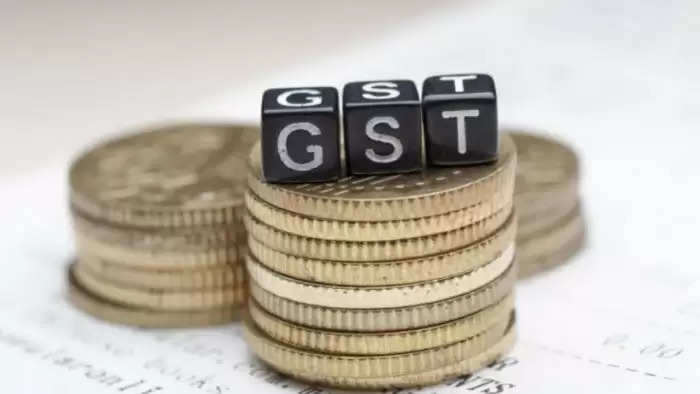For companies with a turnover of more than $100 crore, new GST rules are in place as of right now

Starting on May 1, businesses having a turnover of $100 billion or more will be required to upload their electronic invoices to the Invoice Registration Portal (IRP) within seven days of the invoice's issuance.
Currently, regardless of the date the invoice was sent, businesses post their invoices to the Invoice Registration Portal (IRP) on the current date.
The government has decided to place a time limit on submitting old invoices on the e-invoice IRP portals for taxpayers with aggregate yearly revenue higher than or equal to 100 crore, according to an advice from GST Network (GSTN) to taxpayers.
According to GSTN, "Taxpayers in this category will not be allowed to record invoices older than 7 days on the day of reporting" in order to "ensure prompt compliance." This new format would be used starting on May 1, 2023, to give taxpayers enough time to comply with this requirement.
There will be no time limit on reporting debit/credit notes, and this restriction only applies to invoices, it was added.
As an additional illustration, the GSTN stated that an invoice with an April 1, 2023 due date cannot be reported after April 8, 2023. The user will be unable to report the invoice after the 7-day limit thanks to the validation system embedded into the invoice registration portal. Therefore, the GSTN stated that it is crucial for taxpayers to make sure that they report the invoice within the 7-day window made available by the new time limit.
Businesses are not permitted to use input tax credits (ITC) under GST rules if invoices are not posted to the IRP.
Rajat Mohan, senior partner of AMRG & Associates, predicted that this technology advancement will stop big businesses from backdating their electronic bills. "The government is anticipated to roll out these adjustments for all taxpayers in a staggered manner after successfully implementing this for major taxpayers," Mohan told PTI.
Companies have until June 30 to pay taxes and penalties to undo the cancellation of their GST registration.
Currently, all B2B transactions must generate an electronic invoice for businesses with a turnover of at least 10 crore.
E-invoicing for business-to-business (B2B) transactions was made essential under the Goods and Services Tax (GST) law for enterprises with a turnover of over 500 crore starting on October 1, 2020, and for those with a turnover of over 100 crore starting on January 1, 2021.
Companies that had a turnover of above $50 crore started producing B2B e-invoices on April 1, 2021. On April 1, 2022, the barrier was reduced to $20 crore. The barrier was further reduced to 10 crore as of October 1, 2022.
Saurabh Agarwal, an EY Tax Partner, told PTI that implementing deadlines for invoice reporting on IRP would aid in administering compliances and is a fantastic step towards digitization.
Once the stated limit of $100 billion in turnover is significantly reduced or made mandatory for all assesses required to generate IRNs (Invoice Registration Numbers), this could also help to increase GST collection, according to Agarwal.
In the meantime, an official informed PTI that the amount of GST evasion discovered by tax officers nearly increased year over year to over 1.01 lakh crore in the recently ended 2022–23 fiscal. Officers of the Directorate General of GST Intelligence made a recovery of 21,000 crore during the previous fiscal year (DGGI). The representative claimed that efforts are being made by the government to improve compliance and to spot fraud using data analytics and human intelligence. "In 2022–2023, DGGI officers found $1,01,300 crore worth of evasion. A total of 21,000 crore had been recovered from this "Official statement to PTI. The Goods and Services Tax (GST) investigation agency, DGGI, found over $54,000 crore in tax evasion in 2021–2022 and recovered over $21,000 crore in taxes.
Over 14,000 cases of Goods and Services Tax (GST) evasion were discovered in fiscal 2022–2023, up from 12,574 cases in fiscal 2021–2022 and 12,596 cases in fiscal 2020–2020.
.png)